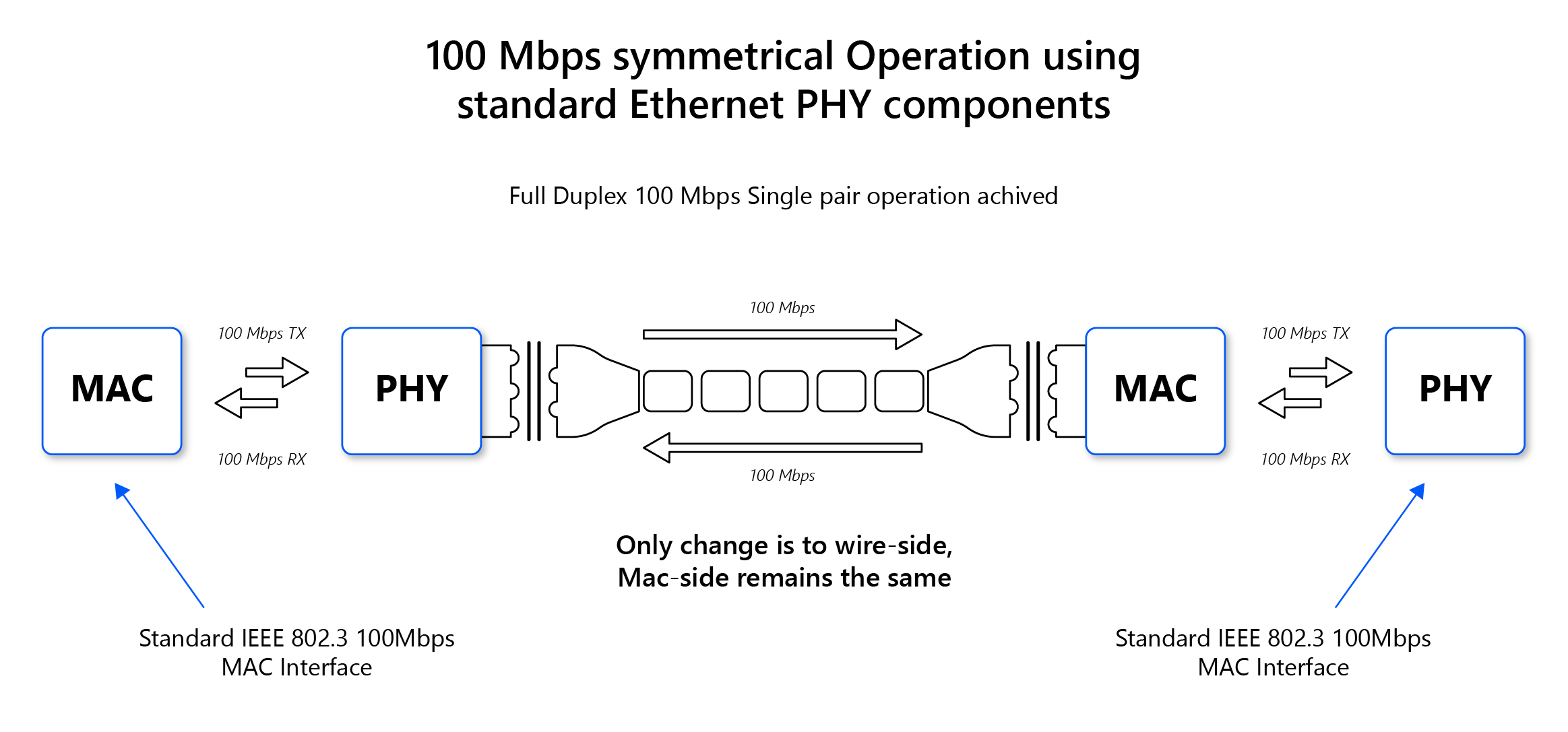Modifying Financed Vehicles: What You Need to Know
Modifying financed vehicles: what you need to know
Car enthusiasts oftentimes can’t wait to personalize their vehicles with modifications. Yet, when your car is on finance, the situation become more complex. This comprehensive guide explores whether you can modify a finance car, the potential implications, and how to approach modifications responsibly.
Understand vehicle finance agreements
Before diving into modifications, it’s crucial to understand that when you purchase a car on finance, you don’t technically own the vehicle until you’ve made the final payment. The finance company holds legal ownership while you make payments, which create important considerations for modifications.
Types of finance agreements and their impact on modifications
Different finance agreements come with varying levels of restriction regard vehicle modifications:
-
Personal contract purchase (pPCP)
Typically, have strict modification limitations as the vehicle’s future value is factor into the agreement -
Hire-purchase ( hp(:
)
Broadly more flexible but ease require permission for significant modifications -
Personal loan:
Offer the most freedom as the loan isn’t secure straightaway against the vehicle -
Lease agreements:
Normally prohibit most modifications as you’re basically rent the vehicle
Each agreement type carry different implications for your ability to modify the vehicle, hence review your specific contract is essential.
Can you lawfully modify a financed car?
The short answer is: it depends on your finance agreement. Most finance contracts include clauses specifically address modifications. These clauses exist because modifications can:
- Affect the vehicle’s value
- Impact safety and road worthiness
- Potentially void manufacturer warranties
- Change the vehicle from its agree condition
Break the terms of your finance agreement by make unauthorized modifications could lead to serious consequences, include the finance company demand immediate full payment of the remain balance or yet repossess the vehicle.
Review your finance agreement
Before make any modifications, cautiously review your finance agreement for:
- Specific clauses about vehicle modifications
- Requirements for obtain permission before modifications
- Distinctions between cosmetic and performance modifications
- Requirements for use approve parts or service centers
If you can’t find clear information, contact your finance provider direct to clarify what’s and isn’t permit.
Modifications that may be permitted
Some modifications are more likely to be approved by finance companies than others. Broadly, modifications that are:
- Reversible
- Don’t affect the vehicle’s value
- Don’t impact safety
- Maintain manufacturer warranty compliance
Are more likely to receive approval. Examples might include:
Potentially acceptable modifications
-
Removable cosmetic enhancements:
Window tints (where legal ) vinyl wraps, and removable accessories -
Quality of life improvements:
Upgrade audio systems, parking sensors, or dash cams -
Manufacturer approve accessories:
Items from the vehicle manufacturer’s own catalog
Yet with these potentially acceptable modifications, invariably seek permission firstly.
Modifications that are typically prohibited
Finance companies are likely to prohibit modifications that:
- Importantly alter the vehicle’s performance
- Change the vehicle’s structural integrity
- Affect safety systems
- Dramatically change the vehicle’s appearance
- Reduce the vehicle’s value
Unremarkably prohibit modifications
-
Engine tuning or remapped:
Changes to engine management systems that boost performance -
Suspension modifications:
Lower springs, coil overs, or air suspension systems -
Exhaust system changes:
Particularly those affect emissions or noise levels -
Body modifications:
Wide body kits, non-standard bumpers, or significant structural changes -
Non-standard wheels:
Especially those that require fender modifications
These modifications typically require explicit permission and may notwithstanding be denied by many finance companies.
The process of get permission for modifications
If you’re determined to modify your finance vehicle, follow these steps to approach the situation right:
Step 1: review your agreement
Soundly read your finance agreement to understand the specific terms regard modifications. Look for clauses that address alterations to the vehicle.
Step 2: document your planned modifications
Create a detailed plan of your intended modifications, include:
- Specific parts to be install
- Who will perform the work (sooner professional installers )
- How the modifications might affect the vehicle’s value
- Whether the modifications can be reverse
Step 3: contact your finance provider
Reach out to your finance company with your modification proposal. Be prepared to:
- Explain the modifications in detail
- Provide information about professional installation
- Will address how you will maintain the vehicle’s value
- Discuss insurance implications
Step 4: get written permission
If your finance provider agrees to the modifications, ensure you receive write permission. This documentation is crucialfor protectingt yourself if questions arise previous.
Step 5: update your insurance
Inform your insurance provider about the approval modifications. Fail to do hence could invalidate your insurance policy.
Insurance implications of modify a financed car
Modify a finance vehicle have significant insurance considerations:
Disclosure requirements
You must inform your insurance company about any modifications to your vehicle. Failure to disclose modifications could result in:
- Invalidated insurance coverage
- Deny claims in the event of an accident
- Potential policy cancellation
Premium increases
Many modifications, specially performance enhancements, can lead to higher insurance premiums. This is because:
- Modify vehicles may be perceived as higher risk
- Performance modifications can increase accident likelihood
- Custom parts may be more expensive to replace
- Modify vehicles might be more attractive to thieves
Before proceed with modifications, request insurance quotes to understand the potential cost impact.
Consequences of unauthorized modifications
Make unauthorized modifications to a finance vehicle can lead to serious consequences:
Finance agreement breaches
-
Demand for immediate payment:
The finance company may demand you pay the remain balance in full -
Vehicle repossession:
In severe cases, the finance company can repossess the vehicle -
Credit score impact:
Agreement breaches can negatively affect your credit history
Warranty implications
-
Voided manufacturer warranty:
Many modifications can void your vehicle’s warranty -
Repair cost liability:
You may become responsible for repairs that would differently be cover
Insurance complications
-
Denied claims:
Undisclosed modifications can lead to deny insurance claims -
Policy cancellation:
Your insurer may cancel your policy if they discover unauthorized modifications
Alternatives to modify a financed vehicle
If your finance agreement gravely restricts modifications, consider these alternatives:
Wait until the finance term ends
The simplest solution is much to wait until you’ve paid off the finance agreement and own the vehicle instantly. Thiseliminatese any restrictions from the finance company.
Refinance with different terms
Some finance providers may offer more flexible terms regard modifications. Refinance your vehicle could potentially provide more freedom, though this come with its own costs and considerations.
Personal loan for modifications
Instead than modify the finance vehicle direct, some enthusiasts take out a personal loan to purchase and modify a second vehicle while continue payments on their finance daily driver.
Temporary or reversible modifications
Focus on modifications that can be wholly reverse before return the vehicle or end the finance agreement:
- Vinyl wraps alternatively of paint
- Bolt on accessories that can be removed
- Aftermarket wheels that allow you to keep the originals
Special considerations for different finance types
PCP agreements
Personal contract purchase agreements are peculiarly restrictive regard modifications because:
- The final balloon payment is base on the vehicle’s predict future value
- Modifications can importantly impact this value
- The finance company needs to be able to sell the vehicle if you don’t make the final payment
With PCP agreements, you will need to either will return the vehicle to its original condition before will return it or be will prepare to pay any value depreciation will cause by modifications.
Lease agreements
Lease agreements typically prohibit most modifications as you’re basically rent the vehicle. Any changes typically need to be reverse before return the vehicle, and you may be charged for any damage or depreciation cause by modifications.

Source: ukkings.com
Personal loans
If you’ve purchased your vehicle use a personal loan kinda than a secured auto loan, you mostly have more freedom to modify the vehicle. The loan isn’t direct secure against the vehicle, give you more control over modifications. Nonetheless, you should nonetheless consider insurance implications.

Source: tffn.net
Make a decision: to modify or not to modify
When decide whether to modify your finance vehicle, consider:
Financial implications
- The cost of modifications themselves
- Potential increases in insurance premiums
- Possible depreciation affect vehicle value
- Costs of return the vehicle to stock condition if you require
Long term plans
- How yearn you plan to keep the vehicle
- Whether you will purchase the vehicle at the end of the finance term
- If you plan to trade in or sell the vehicle late
Risk assessment
- The importance of the modifications to your enjoyment of the vehicle
- The risk of breach your finance agreement
- Potential warranty implications
Conclusion
Modify a car on finance is possible but require careful consideration and unremarkably explicit permission from your finance provider. The key steps are:
- Soundly review your finance agreement
- Contact your finance provider before make any modifications
- Get write permission for approve changes
- Update your insurance to reflect the modifications
- Consider the long term implications for your vehicle’s value and your finance agreement
By approach vehicle modifications responsibly and transparently, you can potentially enjoy a personalized driving experience while stay compliant with your finance agreement. Will remember that patience may be your best approach — once you’ve will complete your finance payments, you’ll have complete freedom to will modify your vehicle as you’ll wish.


